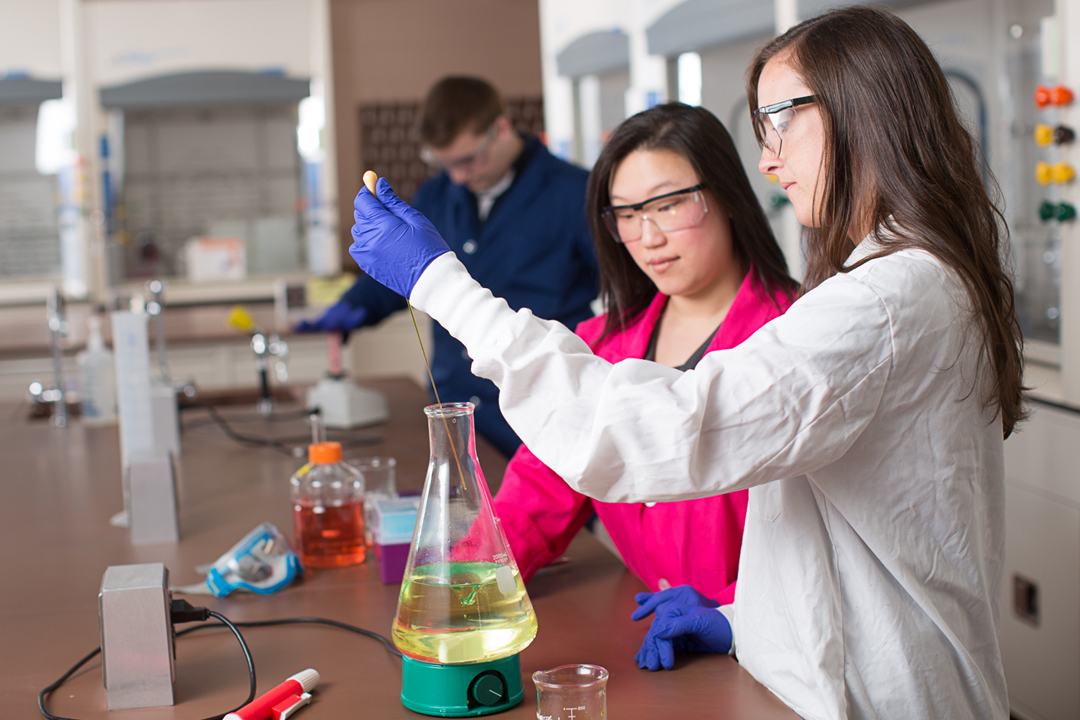
Introduction
Biochemistry is the science that investigates the chemical processes within and related to living organisms. It unravels the molecular mechanisms that underlie vital biological functions, ranging from the synthesis of molecules to the intricate dance of cellular reactions. Through biochemistry, we gain insights into how life sustains and perpetuates itself.
The Basics of Biochemistry
Understanding Biomolecules
At the heart of biochemistry lies the study of biomolecules, the building blocks of life. These include proteins, nucleic acids, carbohydrates, and lipids. Each biomolecule plays a distinct role in maintaining the delicate balance of life.
The Central Dogma of Molecular Biology
The central dogma outlines the flow of genetic information within a biological system. It starts with DNA replication, followed by transcription to RNA, and translation to proteins. This process forms the foundation of all cellular activities.
The Molecules of Life
Proteins: Nature’s Workhorses
Proteins are versatile molecules that execute a plethora of functions, from catalyzing reactions as enzymes to providing structure as fibers. Their diverse roles make them integral to every aspect of living organisms.
Nucleic Acids: Blueprints of Life
Nucleic acids, including DNA and RNA, house the genetic instructions necessary for an organism’s growth and development. They orchestrate the production of proteins, shaping the characteristics of life forms.

